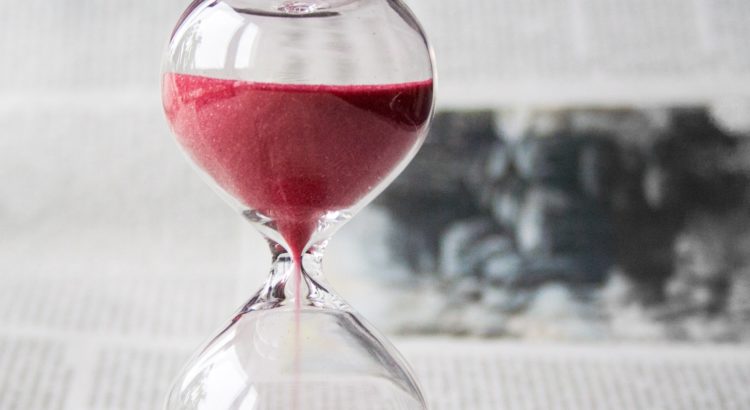“The way to get started is to quit talking and begin doing”
Walt Disney
There is no arguing that we live in times of many distractions, with people complaining of always being busy. With the prevalence of mobile devices and internet connectivity, one can easily spend hours on social media, watching YouTube videos, being entertained on Netflix and other streaming platforms.
Add to the numerous distractions, there is our vocation – whether through employment or running a business – and family and friends that also need our time. It can become so overwhelming to make time to do the things we love and enjoy. Do not despair though, as I have some ideas on how to manage all that using a productivity system.
I came across a definition of productivity that says, “the effectiveness of productive effort, especially in industry, as measured in terms of the rate of output per unit of input.” I would rephrase that as, “the ability to efficiently do what you desire.” Coming up with a system of being productive is one of the solutions to managing our lives.
On a typical day for me, I have to juggle between doing things for my family, employer, friends, and my own personal ambitions. My day starts with fighting with the alarm clock (I almost misspelt this word), followed by a shower, devotional time, reading or listening to an audio book, taking my son to school, long hours of work, meals in between, some exercise, time with my wife, and studying. I also need to keep track of upcoming events such as weddings, family functions, play dates, work meetings, master mind sessions, and so on and so forth. Without a productivity system to manage all that, it can become chaotic.
A functional and effective productivity system should consist of the following components: collection, organising and doing. Let me describe each of the components in detail.
Collection
Throughout the day, there might be instructions from your boss or client to do certain things. Your spouse, child, friend or other people might inform you of something that needs your attention – such as planning a birthday party, attending a school function, emptying the garbage, or taking the car for service. How does one keep track of all that? Science tells us that the brain is amazing at thinking but terrible at remembering. So you can’t rely on the brain to remember so much.
To help the brain focus on what it’s very good at (thinking), you need a way to collect and take note of all important information you come across through the day. For that, I use Evernote for personal information and Microsoft OneNote for work-related information. Other collection tools include any note taking app on a mobile phone, a journal or a notebook. I prefer Evernote as I can sync my notes across my phone and computer. Pick a tool that suits your needs.
Organising
I found out the hard way that simply collecting information – without reviewing and organising it – can render the information useless or very difficult to find. Try imagine a life without search engines such as Google and hopefully you appreciate my point. Everyday, before I go to sleep at night, I spend ten minutes reviewing and organising all the important information I collected in Evernote and OneNote. If I am working on projects, that process includes allocating notes to certain project folders. Evernote includes an amazing feature of tagging notes, which makes it easy to organise what you collect. I have scheduled this daily review session on my calendar to make sure I don’t forget.
Doing
The Spanish painter, Picasso, is known to have said, “Action is the foundational key to all success.” This component of a productivity system is probably the most crucial one. Once you have collected important information, organised it, and scheduled it in your calendar, the next step is to act on it. I am convinced that before going to bed for the night, you should plan your next day. There should always be a plan for the day when you wake up. Make it easier for yourself not to come up with excuses. Don’t be busy. Be productive.
If you are still wondering why you should have a productivity system, let me conclude with a quote by Peter Drucker, “Until we can manage time, we can manage nothing else.” Life can be unpredictable and emergencies do happen. However by managing your typical days well, you should be able to handle emergencies better. This can lead to less stress and a better quality of life. Give it a try and share your experiences in the comments below.
